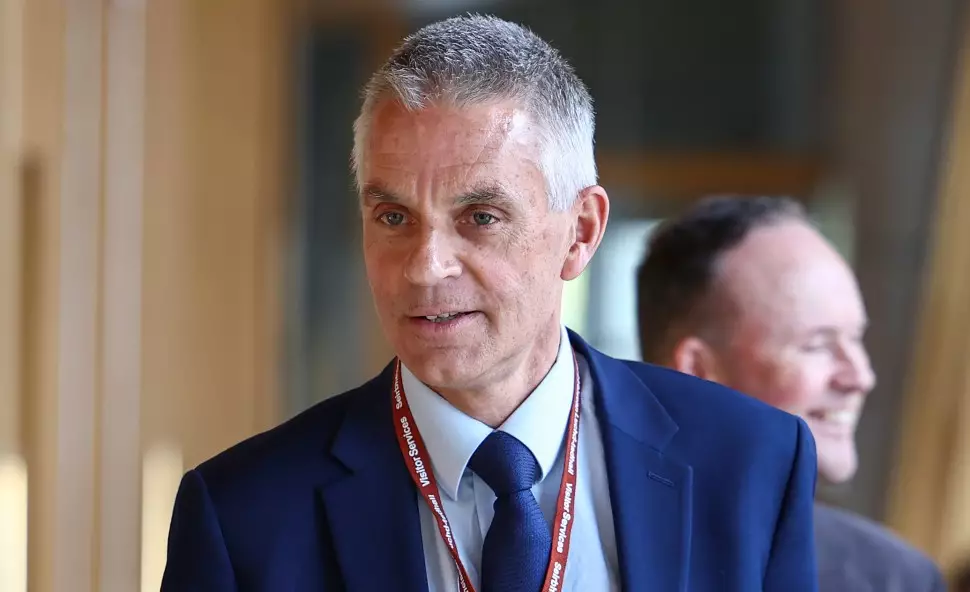In today’s world, where climate change poses an existential threat to ecosystems and human societies, the media industry occupies a crucial platform. As audiences become increasingly aware and concerned about environmental issues, the role of content creators in shaping narratives around sustainability cannot be overstated. BBC Director General Tim Davie’s forthcoming address at the Climate Creatives event exemplifies this pivotal shift in focus within the media landscape. His strong emphasis on integrating sustainability into a diverse range of programming signifies not only a new standard for broadcasting but also an unprecedented opportunity for innovation.
A Transformational Moment in Media
Tim Davie has aptly noted that this moment in time presents a “huge opportunity” for broadcasters. No longer is sustainability relegated solely to documentaries or educational programming; it is primed to infiltrate mainstream entertainment, children’s programming, and narrative dramas. This change is not merely a passing trend, but a necessary evolution driven by public demand and moral imperative. As Davie expresses, the urgent discourse surrounding climate issues must be at the forefront of media narratives, challenging content creators to rethink how they engage audiences.
This transformational mindset, which Davie advocates, aligns with a growing recognition that storytelling serves as a vehicle for change. By placing sustainability narratives center-stage, the media industry can mold public perception and behavior concerning environmental stewardship. Whether through character arcs that reflect eco-conscious living or plots that intertwine with current climate challenges, there’s potential to inspire action among viewers across demographics.
Davie’s call for a united industry effort resonates with an understanding that many hands make light work. Sustainability efforts cannot solely rest on the shoulders of public service broadcasters; rather, they require collaboration across the media spectrum. His acknowledgment of independent producers and commissioning bodies as influential voices underscores the need for a collective narrative. Through cross-industry dialogue, best practices can be established, facilitating a more integrated approach to sustainable content creation.
The ambitious goal of embedding sustainability conversations across diverse platforms also requires a reassessment of the ways in which production processes are executed. Reducing carbon footprints in media creation—be it through green filming practices or ethical sourcing of materials—needs to be prioritized alongside impactful storytelling. As Davie asserts, the potential to use one’s platform for positive communication makes the media industry uniquely positioned to lead the charge on sustainability.
Events like Climate Creatives are crucial in anchoring these conversations within the industry. By drawing a diverse group of thinkers and creators together—from children’s television producers to wildlife filmmakers—these gatherings can facilitate the exchange of ideas, techniques, and strategies meant to promote sustainability through media. The fact that Climate Creatives will see participation from various cities across the UK, with a live stream option, ensures that the dialogue is accessible and inclusive.
Such platforms not only fuel creative thinking but also highlight the importance of cooperation between different media entities. As climate challenges transcend geographical boundaries, so too should the efforts to address them in storytelling. Engaging with academia, the indie community, and broader societal movements will harness a collective intelligence that can fuel innovative programming.
The push for sustainability in media is not just a corporate initiative but a societal obligation. As Tim Davie prepares to challenge the industry at the Climate Creatives event, it is clear that the stakes are high. The media possesses the unique capacity to shape public discourse and inspire sustainable behaviors, presenting a once-in-a-lifetime opportunity to reimagine how we engage with pressing global issues. It is imperative that content creators rise to this challenge, fostering a culture where sustainability is not merely an add-on but a cornerstone of all storytelling endeavors. Only through a concerted, passionate effort can the media industry hope to contribute meaningfully to the global fight against climate change.
